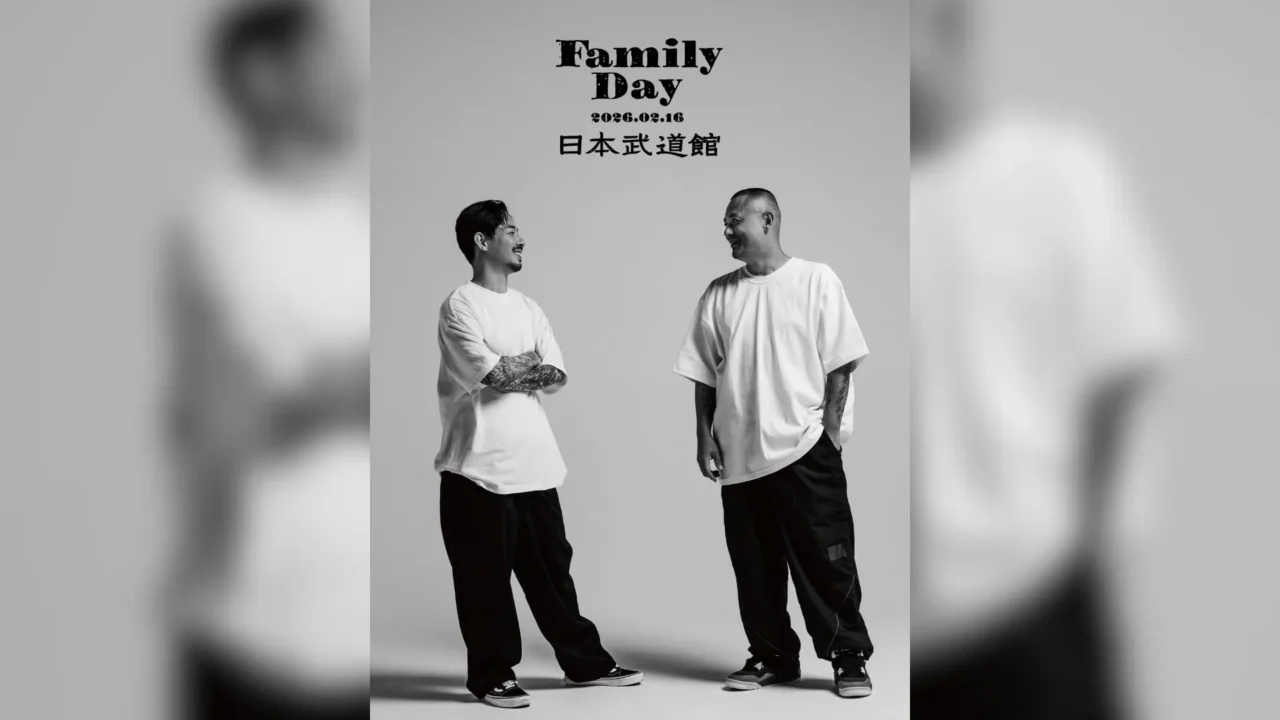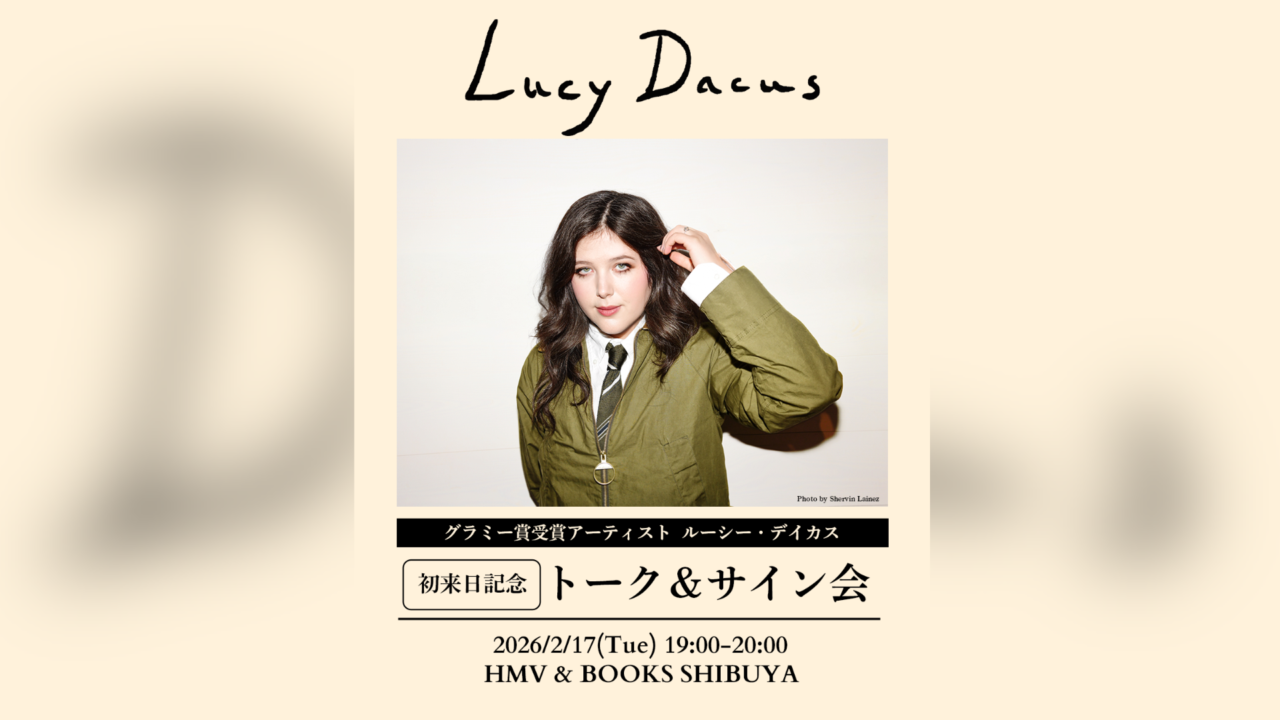INDEX
The Sea as a Dual Realm for Self-Discovery and National Parting
– By the way, the word “sea” often appears in your songs. Did you grow up near the sea?
Ye Ram: No, I was born and raised in a place called Daejeon, which has nothing to do with the sea. Earlier, you said that you felt “hometown” and “nostalgia” when you heard my song. The feeling of “nostalgia” has always been a part of me, and the sea is a representation of that. Growing up far from the sea, the ocean was not an everyday part of my life, and I guess that is why I feel nostalgia and longing for it. When I look at the ocean, I feel that there is a world out there. I look for my place there, and it gives me a chance to think about where I came from.
– The sea is not just an everyday landscape, but it is more fundamental, a place where life comes from.
Ye Ram: Yes, that’s right.
– You are from Chigasaki, but you grew up quite far from the sea.
BUOY: For me, too, the ocean was not something I did on a daily basis, but rather a place I would occasionally go to play. It was more of a place I longed to visit. It is a vague image, but I sometimes wonder if the ocean is the place I will eventually return to.

– I wonder if I feel nostalgia for Ram and BUOY’s songs because I have such an image of the sea somewhere in my mind.
BUOY: I feel something like that.
– I love your song “Over The Sea. The song is sung alternately in Korean and Japanese, and I was moved when she sings in Japanese, “We will meet again someday, on a day when autumn rains fall,” during the time when she could not see her Korean friends due to the Corona disaster.
Ye Ram: Thank you very much, I am very happy.
– Why did you sing “Umi Goe” in Korean and Japanese?
Ye Ram: The simple reason is that I don’t speak English. It was the foreign language I could speak the most, so I sang it in Japanese. I once participated in an exchange program called the East Asia Global Citizen Village, where people from China, Japan, Korea, and Taiwan gathered to discuss education and history. At that time, I thought it was important for us to communicate with each other, so after returning to Korea, I made a song called “Umi koe. If I could speak Chinese, I would have sung it in Chinese as well.
In this song, I wanted to sing about the “connection of paths. However, as you said, I think it took on a different meaning after the Corona disaster. At first I was thinking about country to country, but now I sometimes sing while thinking about friends I can’t see.



























